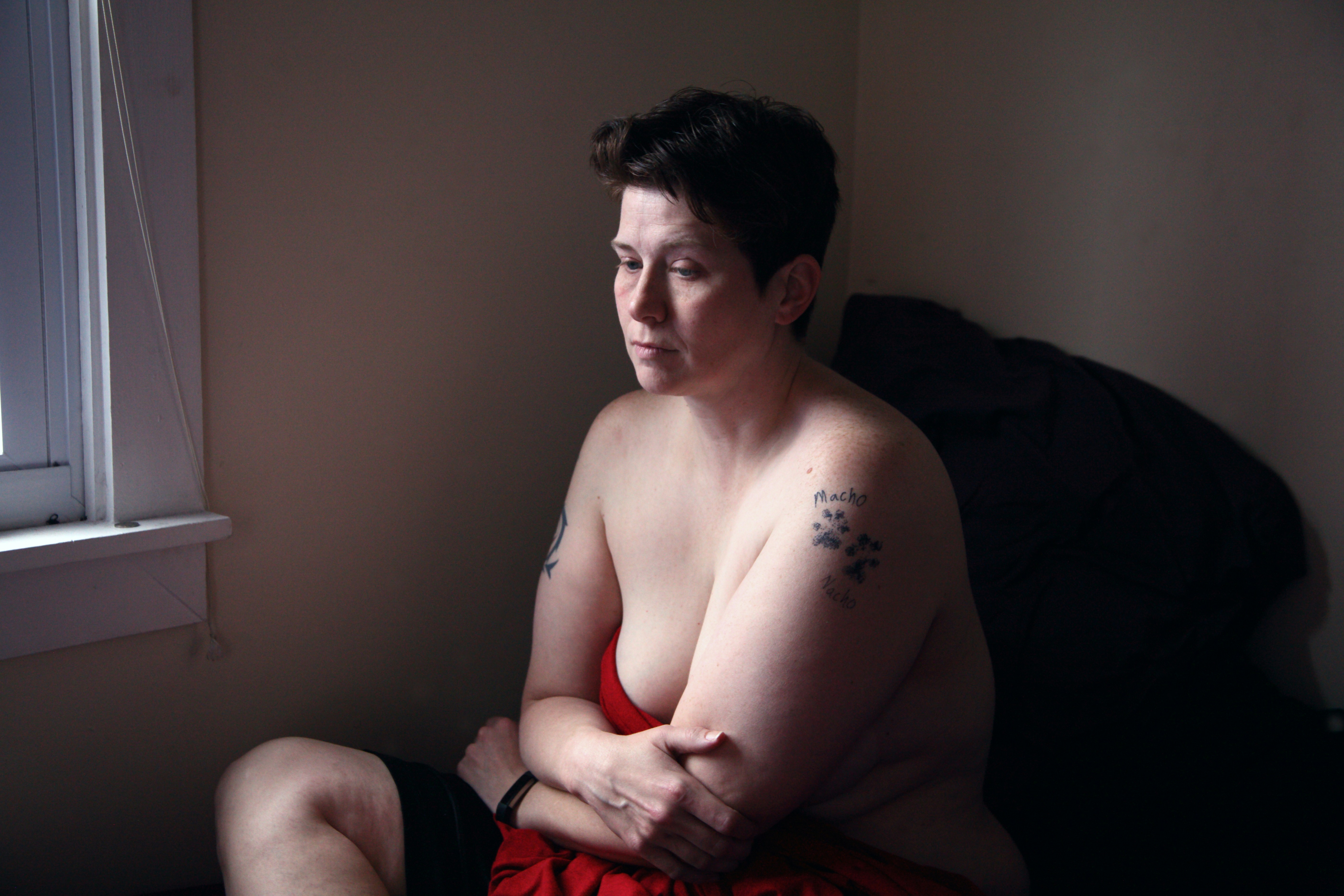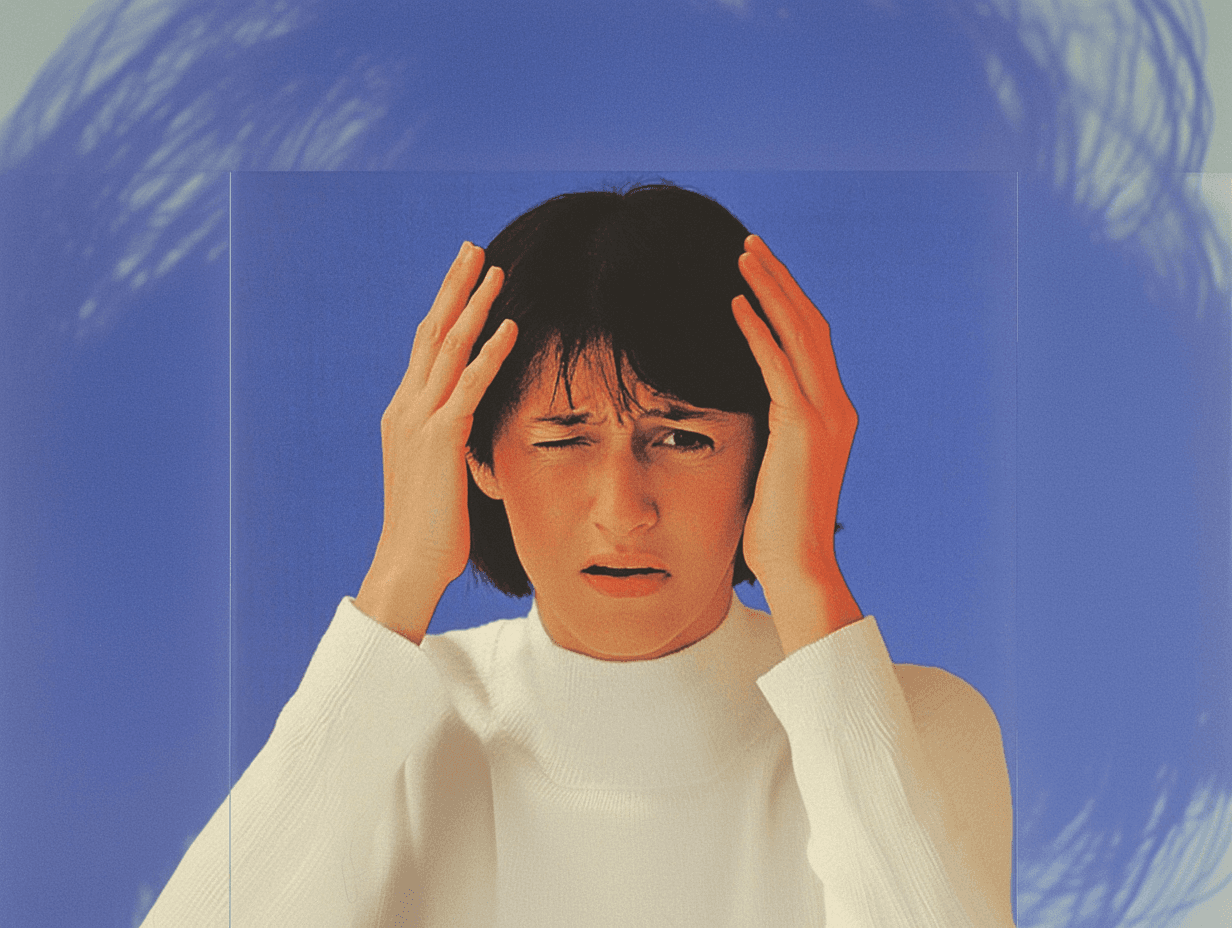What are the 34 Menopause Symptoms: A Comprehensive Guide
Nov 22, 2024
Menopause is a natural biological process that marks the end of a woman's reproductive years. As hormone levels fluctuate and eventually decline, a wide range of physical and emotional changes can occur. Understanding the various symptoms of menopause is crucial for women to navigate this transition with greater ease and seek appropriate support when needed.
The 34 Symptoms of Menopause
Menopause is a unique experience for every woman, and the symptoms can vary in severity and duration. Here are the 34 most common symptoms associated with this life stage:
1. Hot Flashes
Hot flashes are one of the most well-known and frequently experienced symptoms of menopause. These sudden feelings of intense heat, often accompanied by sweating and flushing, can be uncomfortable and disruptive.
2. Night Sweats
Similar to hot flashes, night sweats can cause excessive perspiration and disrupt sleep patterns, leading to fatigue and irritability during the day.
3. Irregular Periods
As hormone levels fluctuate, menstrual cycles may become irregular, with periods occurring more frequently or less often than usual.
4. Vaginal Dryness
Decreased estrogen levels can lead to vaginal dryness, which can cause discomfort during sexual activity and increase the risk of infections.
5. Mood Swings
Hormonal changes can affect mood regulation, leading to mood swings, irritability, and emotional ups and downs.
6. Difficulty Sleeping
Many women experience sleep disturbances during menopause, including insomnia, difficulty falling asleep, or waking up frequently throughout the night.

7. Fatigue
Fluctuating hormone levels and disrupted sleep patterns can contribute to persistent feelings of fatigue and low energy levels.
8. Brain Fog
Some women report experiencing cognitive difficulties, such as forgetfulness, difficulty concentrating, and a general feeling of mental fogginess.
9. Weight Gain
Hormonal changes during menopause can lead to weight gain, particularly around the abdomen, hips, and thighs.
10. Joint and Muscle Pain
Declining estrogen levels can increase the risk of joint and muscle pain, as well as conditions like osteoporosis and arthritis.
11. Headaches
Hormonal fluctuations can trigger or worsen headaches, including migraines, in some women.
12. Breast Tenderness
Changes in hormone levels can cause breast tenderness or pain, which may be cyclical or constant.
13. Hair Loss
Some women experience thinning hair or increased hair loss during menopause due to hormonal changes.
14. Skin Changes
Decreased estrogen levels can lead to dryness, thinning, and loss of elasticity in the skin, contributing to wrinkles and age spots.
15. Urinary Incontinence
The weakening of pelvic floor muscles during menopause can lead to urinary incontinence or leakage.
16. Urinary Tract Infections (UTIs)
Vaginal dryness and changes in the urinary tract can increase the risk of UTIs during menopause.
17. Digestive Issues
Some women experience digestive problems, such as bloating, constipation, or diarrhea, during menopause.
18. Dizziness
Hormonal changes can affect blood pressure and circulation, leading to episodes of dizziness or vertigo.
19. Anxiety
The hormonal shifts during menopause can contribute to feelings of anxiety or exacerbate existing anxiety disorders.
20. Depression
Fluctuating hormone levels can impact mood regulation and increase the risk of depression in some women.

21. Decreased Libido
Lower levels of estrogen and testosterone can lead to a decreased sex drive or libido in menopausal women.
22. Dry Eyes
Hormonal changes can affect tear production, leading to dry, irritated eyes.
23. Itchy Skin
Some women experience itchy skin, particularly in the genital area, due to hormonal changes and vaginal dryness.
24. Thinning Hair on Head
Declining estrogen levels can contribute to thinning hair on the head or even hair loss in some cases.
25. Increased Facial Hair Growth
While hair on the head may thin, some women may notice an increase in facial hair growth during menopause.
26. Brittle Nails
Hormonal changes can affect the health and strength of nails, leading to brittleness or ridges.
27. Tingling Sensations
Some women experience tingling or numbness in their extremities, which may be related to hormonal changes or underlying conditions.
28. Allergies
Hormonal shifts during menopause can trigger or worsen allergic reactions in some women.
29. Irregular Heartbeat
Fluctuating hormone levels can affect heart rate and rhythm, leading to palpitations or irregular heartbeats.
30. Memory Lapses
As with concentration and focus, menopause can also affect memory. Again, this could be a direct result of lower estrogen levels or compromised sleep.
31. Nausea
Some women experience nausea or vomiting during menopause, which may be related to hormonal changes or other underlying conditions.
32. Breast Pain
Hormonal fluctuations can cause breast tenderness, heaviness, or pain in some women.
33. Muscle Tension
Increased stress and hormonal changes can contribute to muscle tension or spasms during menopause.
34. Decreased Bone Density
The decline in estrogen levels during menopause can accelerate bone loss, increasing the risk of osteoporosis and fractures.
Managing Menopausal Symptoms with Tidalflow
While menopause is a natural process, the symptoms can significantly impact a woman's quality of life. At Tidalflow, we understand the unique challenges faced during this transition and offer AI-powered personal training solutions tailored to support women through menopause.
Our AI personal trainers provide personalized workout plans, nutrition guidance, and lifestyle recommendations to help manage menopausal symptoms effectively. By incorporating exercise and healthy habits, you can alleviate symptoms like hot flashes, mood swings, weight gain, and fatigue, while promoting overall well-being.
Get started with Tidalflow today and experience the transformative power of AI-driven personal training. Our innovative approach combines cutting-edge technology with expert knowledge to help you navigate menopause with confidence and ease.
Remember, menopause is a natural part of a woman's life journey, and with the right support and strategies, you can embrace this transition while prioritizing your health and well-being.
Frequently Asked Questions
What are the worst menopause symptoms?
While the severity of symptoms can vary, some of the most challenging menopause symptoms reported by women include hot flashes, night sweats, mood swings, sleep disturbances, and vaginal dryness. These symptoms can significantly impact daily life and overall well-being.
What can be mistaken for menopause?
Certain medical conditions, such as thyroid disorders, depression, or hormonal imbalances, can sometimes mimic menopausal symptoms. It's essential to consult with a healthcare professional to rule out other potential causes and receive an accurate diagnosis.
What are the 48 symptoms of menopause?
While this article covers the 34 most common symptoms of menopause, it's important to note that every woman's experience is unique. Some women may experience additional symptoms not listed here, such as changes in body odor, loss of breast fullness, or changes in libido. It's always best to discuss any new or concerning symptoms with a healthcare provider.
Seeking Professional Support
If menopausal symptoms are causing significant discomfort or impacting your daily life, it's crucial to seek professional support. Your healthcare provider can help evaluate your symptoms, rule out any underlying conditions, and recommend appropriate treatment options, such as hormone replacement therapy (HRT), lifestyle modifications, or medications to manage specific symptoms.
Remember, menopause is a natural transition, and with the right support and strategies, you can navigate this phase with confidence and maintain a high quality of life.
Disclaimer: This article is for informational purposes only and does not substitute professional medical advice. Consult a healthcare provider for personalized recommendations.
You should not have to do it all on your own












